-
Learning by doing
-
Trainers with practical experience
-
Classroom training
-
Detailed course material
-
Clear content description
-
Tailormade content possible
-
Training that proceeds
-
Small groups
Python is a popular script language that is used for rapid application development. SpiralTrain provides both classroom and advanced Python training. SpiralTrain also provides courses for Python Data Analysis with NumPy, Pandas, Anaconda and Jupyter notebooks and training Python Web Applications with the Django Framework.
Visit our LinkedIn, Facebook or Instagram page for an impression of SpiralTrain. Click on the links below for more information about the courses and the schedule.
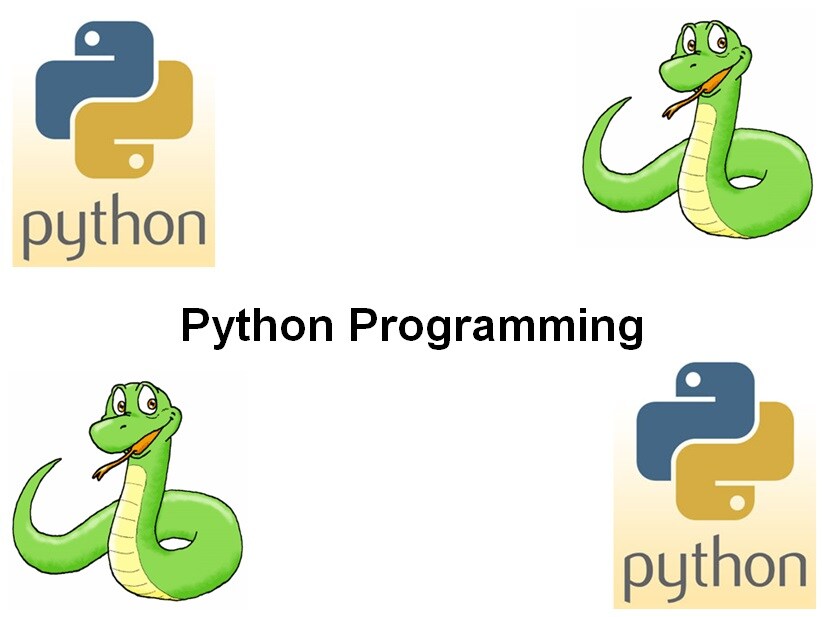 |
Python Programming
Code:
PYT100
First start: 24-02-2026 |
4 days | € 1999 |
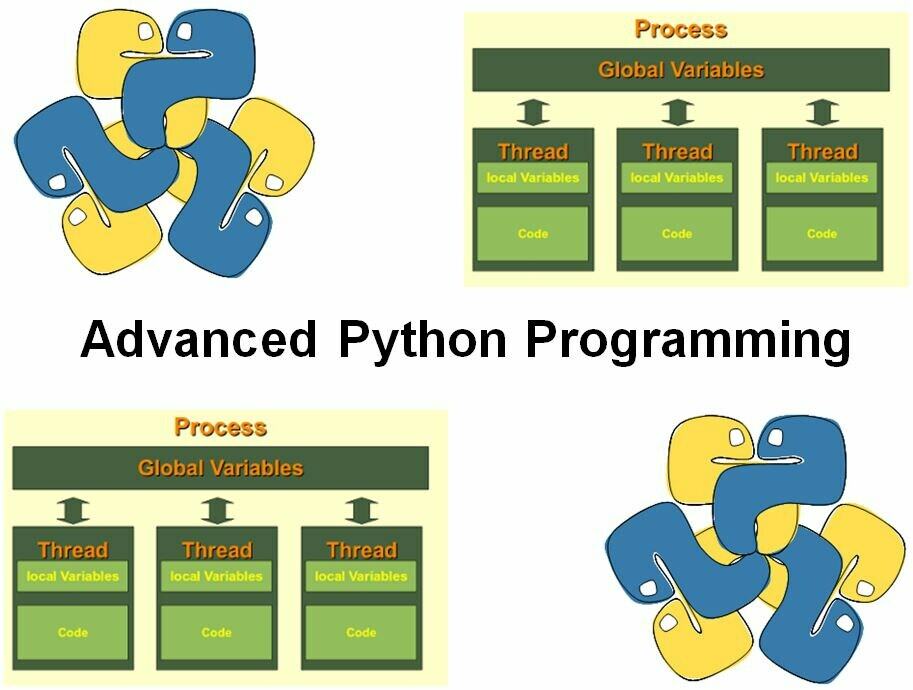 |
Advanced Python Programming
Code:
PYT200
First start: 23-02-2026 |
4 days | € 2650 |
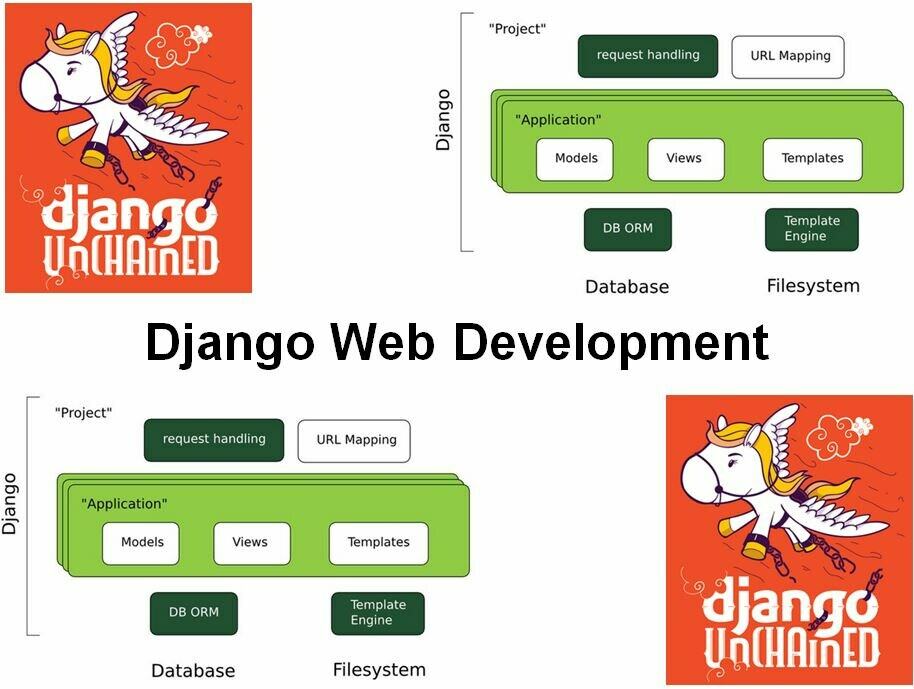 |
Django Web Development
Code:
PYT700
First start: 28-01-2026 |
3 days | € 1999 |
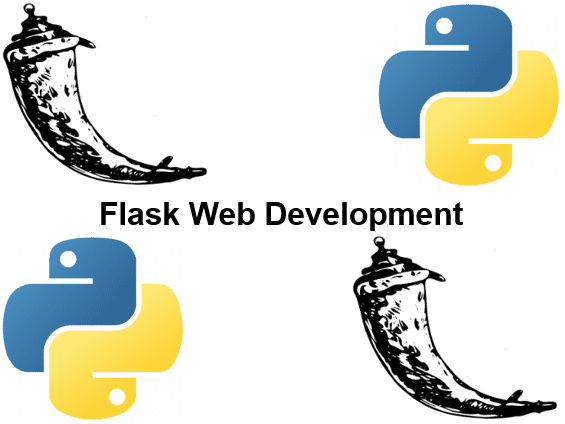 |
Flask Web Development
Code:
PYT800
First start: 02-02-2026 |
3 days | € 1999 |
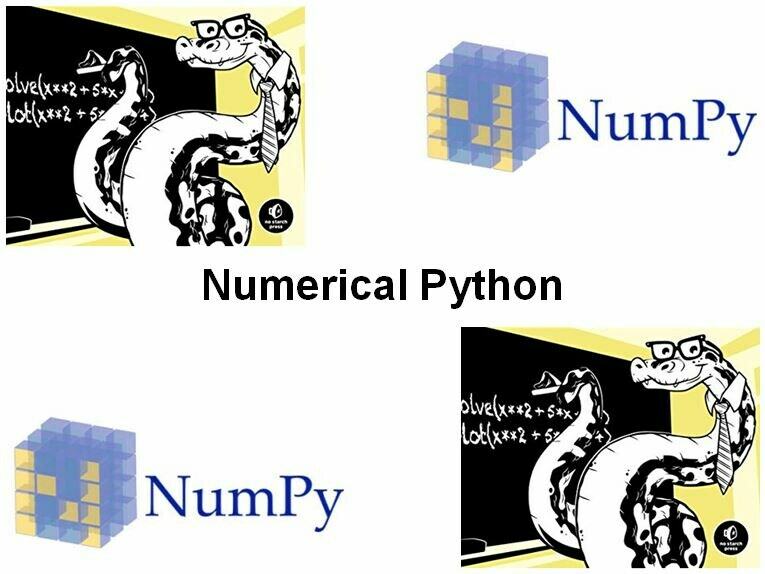 |
Python NumPy
Code:
PYT500
First start: 09-03-2026 |
1 day | € 749 |
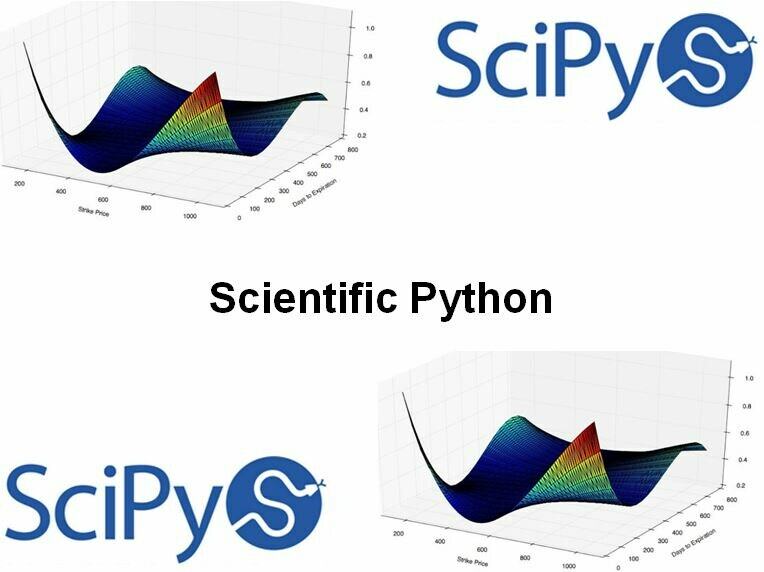 |
Scientific Python
Code:
PYT600
First start: 26-03-2026 |
2 days | € 1499 |
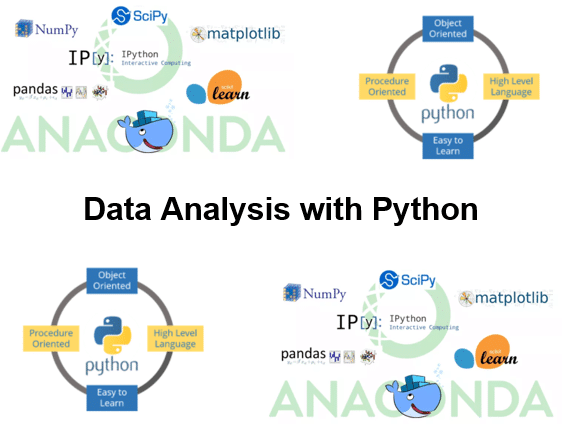 |
Data Analysis with Python
Code:
DSC100
First start: 16-02-2026 |
4 days | € 2650 |
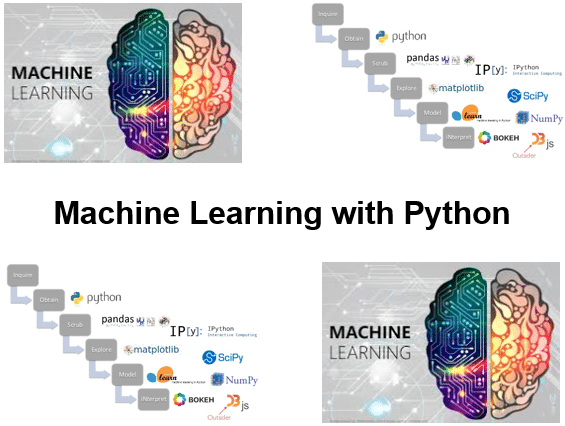 |
Machine Learning with Python
Code:
DSC700
First start: 23-02-2026 |
4 days | € 2999 |
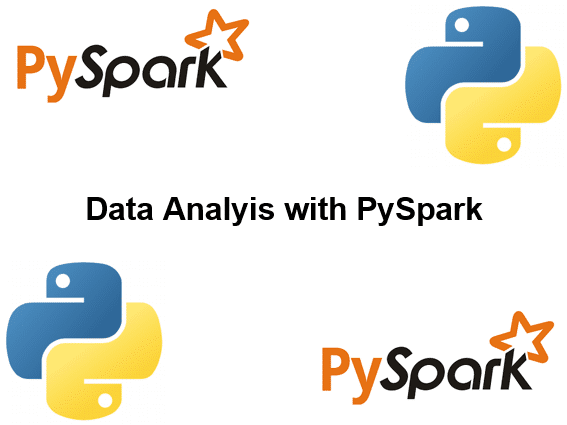 |
PySpark for Big Data
Code:
DSC950
First start: 16-02-2026 |
3 days | € 2450 |
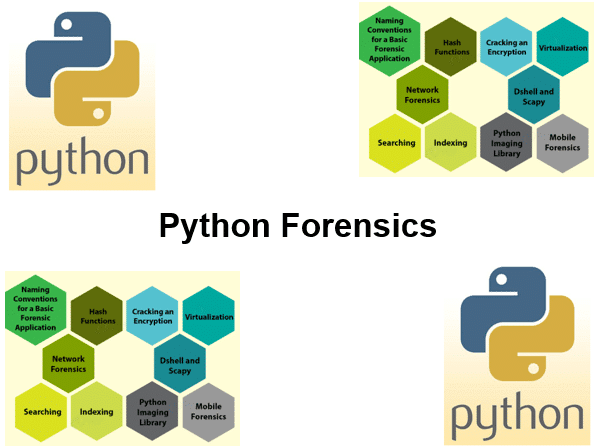 |
Python Forensics
Code:
PYT400
First start: 17-02-2026 |
4 days | € 2650 |
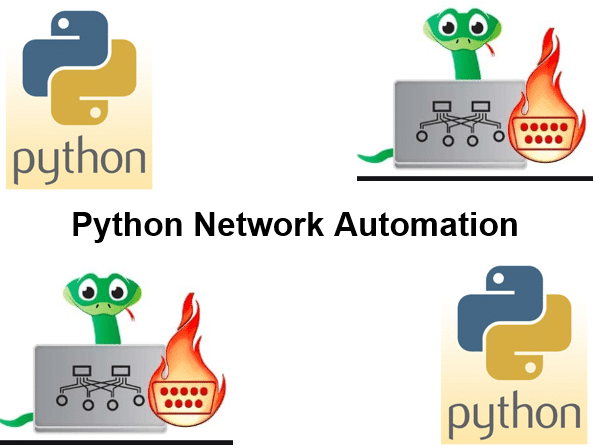 |
Python Network Automation
Code:
PYT300
First start: 10-02-2026 |
4 days | € 2650 |
Python is a widely used high-level, general-purpose, interpreted, dynamic programming language. Its design philosophy emphasizes code readability, and its syntax allows programmers to express concepts in fewer lines of code than possible in languages such as C++ or Java. The language provides constructs intended to enable writing clear programs on both a small and large scale.
Python supports multiple programming paradigms, including object-oriented, imperative and functional programming or procedural styles. It features a dynamic type system and automatic memory management and has a large and comprehensive standard library.
Python was conceived in the late 1980s and its implementation began in December 1989 by Guido van Rossum at the Centrum Wiskunde & Informatica (CWI) in the Netherlands as a successor to the ABC language capable of exception handling and interfacing with the operating system Amoeba.
Van Rossum is Python’s principal author and his continuing central role in deciding the direction of Python is reflected in the title given to him by the Python community : benevolent dictator for life.